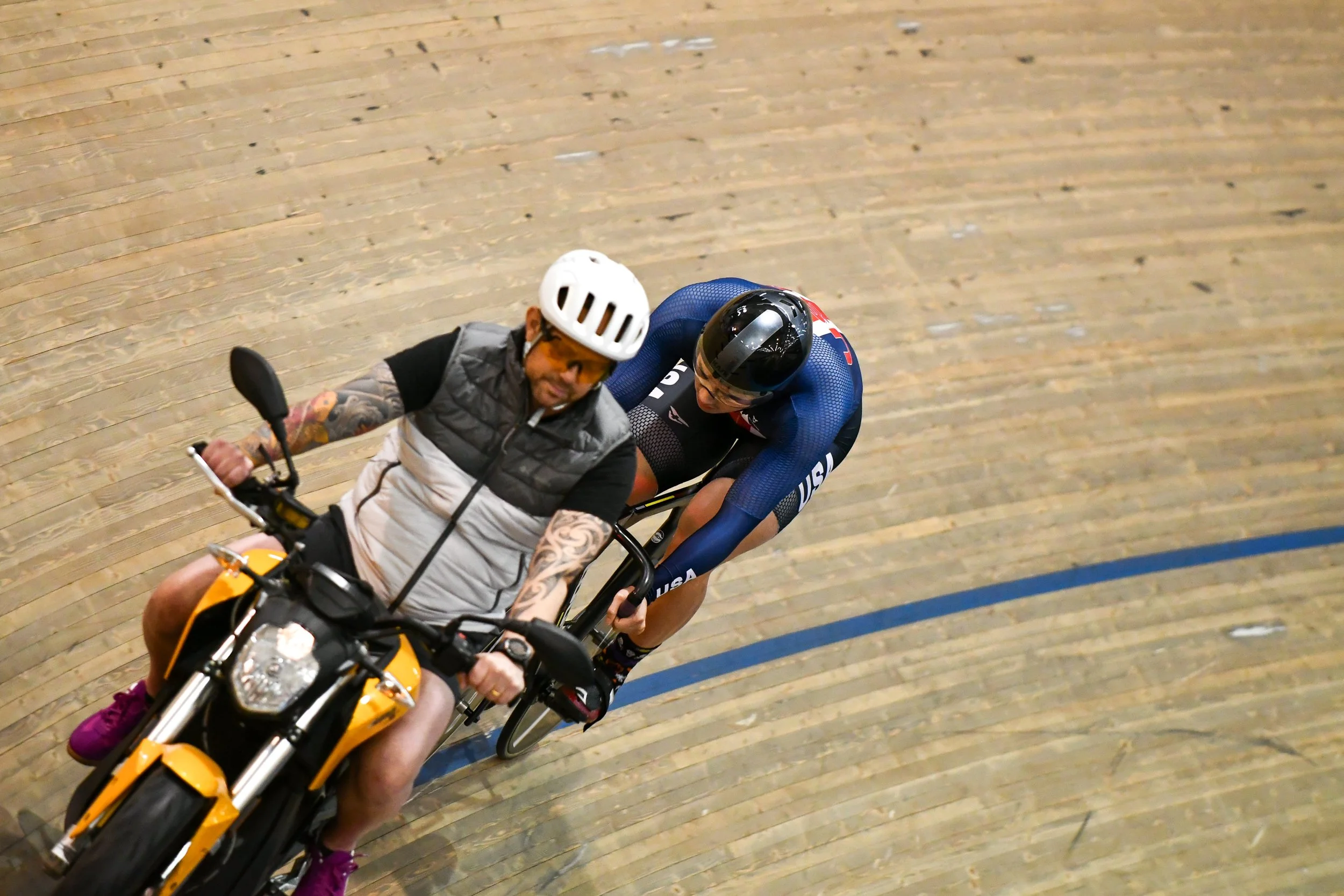Under Pressure: Inside the February Assessment Camp
February for a track sprinter isn't about easing into the season; it's about proving yourself. This year, it meant a crucial, two-week assessment camp ahead of the Pan American Championships. But my preparation was derailed. Just two weeks before the camp, I fell extremely ill, spending an entire week off the bike, fighting a fever and wondering if my form would evaporate. But it doesn't matter. The timeline is fixed. They are assessing you, no matter what.
Imagine two weeks where every single effort, every wattage reading, every lap time, is meticulously recorded. There’s a palpable tension in the air, a mix of camaraderie and fierce competition. You're training alongside your teammates, but also vying for a limited number of spots. It’s an environment designed to push you to your absolute limits, both physically and mentally. It’s a challenge made infinitely harder when your body is still recovering.
One specific test always stands out: the flying 200-meter time trial, repeated multiple times. Your legs are screaming, the lactate is building, and the clock is ruthless. I remember sitting on the railing, last up in the start list, watching my teammates execute their rides one by one. The pressure was immense. I knew my peak power wasn't where it was a month ago, and there was no room for error. In that moment, it’s not about the years of training; it’s about one perfect lap, executed with what little you have left in the tank. It’s about silencing the doubt, hitting the apex of the turn with absolute precision, and carrying every ounce of speed to the finish.
Beyond the raw numbers, this camp became a test of my ability to handle adversity. The coaches were watching not just my legs, but my head. How do you perform when you're not at 100%? How do you manage your energy when you know your reserves are low? It’s a holistic evaluation of what it takes to perform under the immense spotlight of international competition, especially when things go wrong.
Leaving that camp was a different feeling. It wasn't just exhaustion and anticipation; it was a profound sense of relief. Despite the illness, despite the setback, I was able to post the fastest 200-meter times out of everyone at the camp, solidifying my spot for the Pan American Championships. It was a powerful reminder that sometimes, your greatest strength isn't just the power in your legs, but the fight in your heart.
